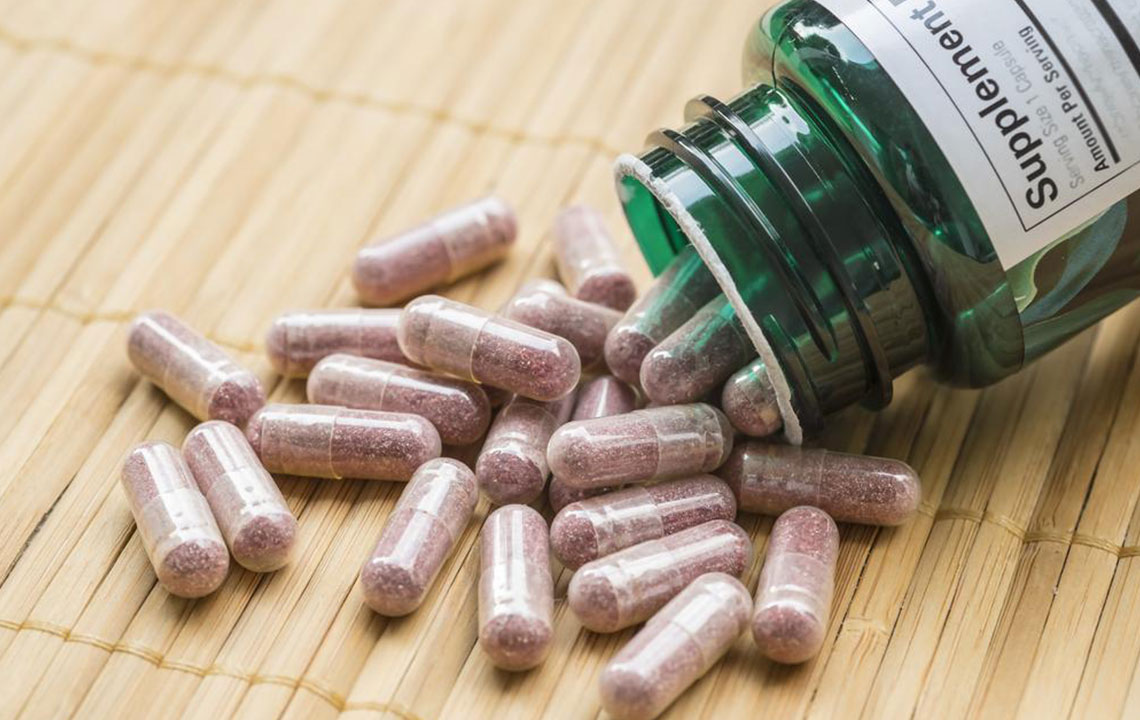Brain Boosting Supplements for Intellectual Power

Our brain works at its natural capacity but sometimes supplements are required for the growth of our brain and its enhancement, i.e. stimulators that would help in overall wit development. Brain boosting supplements also known as “Nootropics”, help a person in enhancing their concentration power and alertness by helping the brain to process information quickly.
Brain boosting supplements also help in the long run as it reduces the risk of Alzheimer’s. Other significant benefits of brain-boosting supplements include better-retaining power, better recalling power, better energy, reduced stress, better focusing power and less fatigue.
There are several brain boosting supplements that are effective and have been widely used by people around the world. Some of the best available brain boosting supplements have been discussed below.
Omega 3 Fatty Acids: These are vital fatty acids that are not naturally found in the human body. These fatty acids are present in cold water fish and plants and have been found to be really essential for the development of the brain and its functionality. Studies have shown that people are prescribed omega-3s with antidepressants achieve better effective results. Another study has shown that children who intake omega-3s in their diet or even artificial supplements that are available in the market have shown better memory and healthy brains with the clarity of mind in later stages of life. There are mainly two omega-3 fatty acids; DHA and EPA. DHA is better for brain health than EPA. DHA is the primary component of the cerebral cortex; the area of the brain which is responsible for every important function of the brain. Natural source of the supplement is Fish rich in Omega-3 fatty acids including Herring, sardines, salmon, and mackerel. Plants rich in Omega-3 fatty acids include flax seeds, soy beans, walnuts, chia, and pumpkin seeds.
Ginkgo Biloba: This is a herbal supplement popular for its effectiveness. It is derived from leaves of the ginkgo tree. Ginkgo biloba is really helpful in treating Alzheimer’s or even other memory related issues as it helps in improving the circulation of blood in the brain by enhanced oxygen flow to the brain. What’s best, it balances the fluids in the brain and helps in reducing the risk of nerve damage. Popular Ginkgo biloba supplements available in the market include Pure Encapsulations, Nature’s Bounty Ginkgo Biloba, Doctor’s Best Extra Strength Ginkgo, Nutricost, Nature’s Answer Alcohol-free Ginkgo Leaves, etc.
Vitamin B: Vitamin B supplements are essential for brain development as it helps in increasing memory and concentration, especially vitamin B12 that helps in developing clarity of mind, reduces the risk of memory loss, and cures depression. You not only require vitamin B12 alone but also a combination of vitamins B6 and B9 that further helps in the effective absorption of vitamin B12. Vitamin B12 supplements available in the market include NOW True Focus, Garden of Life Vitamin B12, Pure Science Vitamin B12, Vitamin B12 Liquid Drops, etc.
L-Theanine: This is a form of amino-acid that is mostly found in Chinese medicines. L-Theanine is one ingredient present in green tea and is a well-known supplement that helps in boosting up the brain with minimal side effects. L-Theanine also helps in reducing the stress hormones known as glucocorticoids that influence memory and its corresponding learning capacity. L-Theanine supplements available in the market include NOW L-Theanine 200, BRI Nutrition 200mg, L-Theanine 250 mg, BulkSupplements Pure L-Theanine Powder, Enzymatic Therapy L-Theanine, etc.
Magnesium: Magnesium is an important mineral constituent that helps in better functioning of the nervous system. Magnesium intake helps in better circulation of blood in the brain, maintains calmness of the mind, provides advantageous cognitive health of the brain, increases memory, enhances learning capabilities, helps in keeping Alzheimer’s at bay, helps in regulating mood and stress levels and also helps in treating depression and anxiety. Foods that contain magnesium include Nuts, spinach, almonds, whole grains, beans, fish, yogurt, dark chocolate, avocados, etc. Some of the popular magnesium supplements available in the market are Doctor’s Best Brain Magnesium, MagEnhance, Neuro balance, Dolovent Magnesium, Magnesium L-Threonate, etc.
Curcumin: This is the bioactive compound found in turmeric, the scientific name being Curcuma Longa. Other than cooking, curcumin is also used for medicinal purposes. Curcumin has high antioxidant propertie that make it a good supplement for fighting cognitive diseases such as Alzheimer’s. Curcumin helps to enhance the happiness coefficient of the brain, reduces depression, helps in better blood circulation in the brain, reduces the risk of memory loss, increases attention or alertness, and memory retaining capabilities. Curcumin supplements available in the market include Turmeric Curcumin with Bioperine Black Pepper Extract, Just Potent Turmeric Curcumin, NOW Curcumin, Doctor’s Best Curcumin From Turmeric Root, etc.


